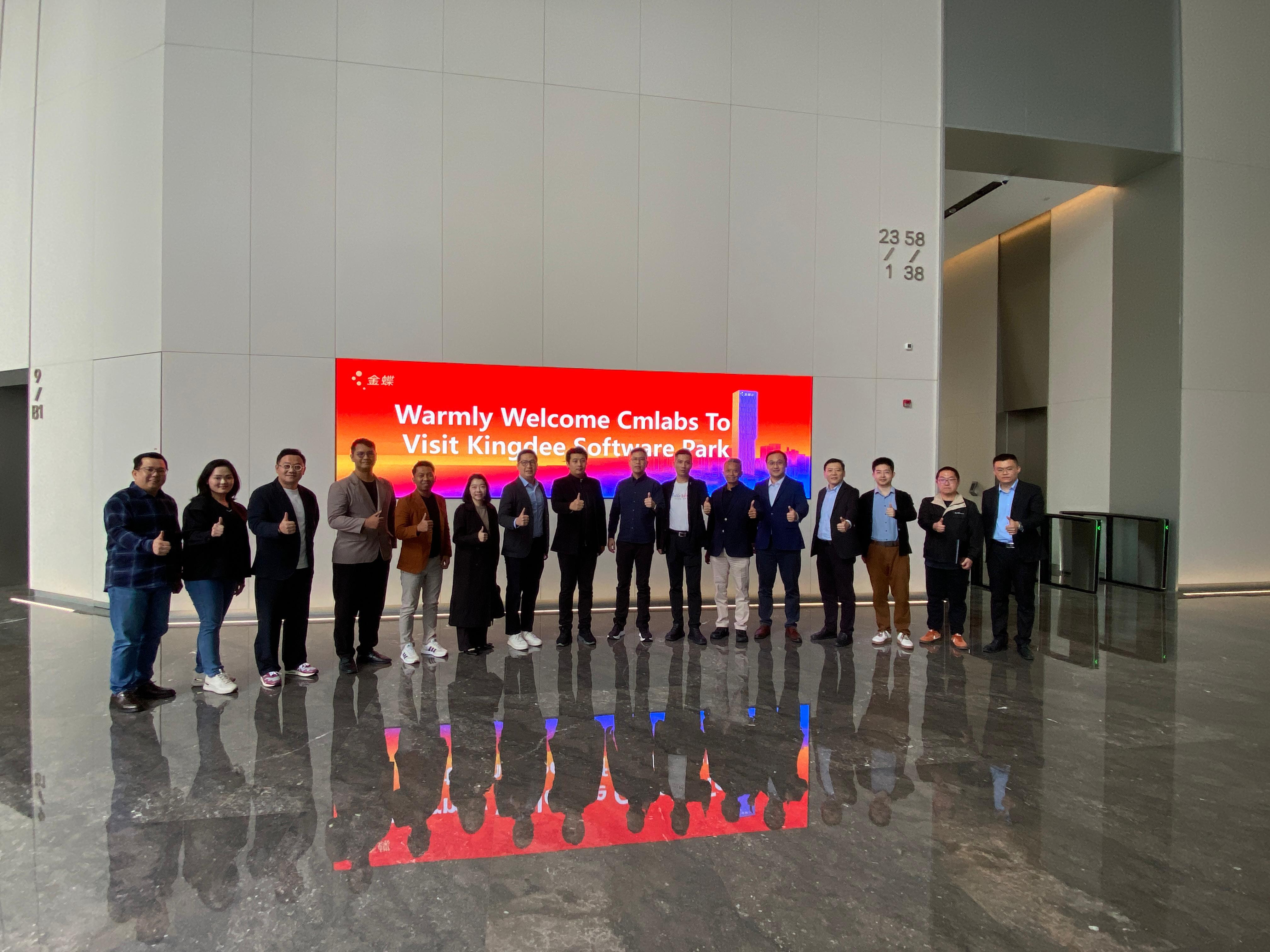Preparing for DMA, Google Updates Its Products in the EU Region

Through its blog, Google announced updates to its products in the EU region to comply with new regulations under the DMA.
Published at Mar 21, 2024 21:03
Last updated at Mar 21, 2024 21:03 by Selsi Selvia
Key Takeaways
-
Google has made several updates to its products in preparation for the implementation of the DMA in March 2024.
-
The main reason behind Google's updates is its role as a Gatekeeper, which requires compliance with DMA regulations regarding the digital environment.
-
One significant change made is the update to the SERP where Google needs to provide comparison units to compare other results for users.
-
Although Google supports the main goals of the DMA, it is concerned that these changes will harm business freedoms such as Google's.
Google will soon implement several changes to how its products work, including search, in the European region. This overhaul is carried out in an anticipation of the implementation of the new European Union regulation, the Digital Markets Act (DMA), which will come into effect in March.
Reasons Behind the Update
Under the DMA, Google is categorized as a "Gatekeeper" or a company with significant market power. Therefore, Google needs to comply with several regulations established in the DMA.
The changes made are Google's response to the DMA to create a fairer and more competitive digital environment in the European Union.
DMA prohibits "Gatekeeper" companies like Google, Amazon, Apple, Meta, and others from forcing users into their services or limiting competition from other parties.
Some parties welcome Google's move and see it as a step towards a more open and democratic digital ecosystem.
Updates in the European Region
Although these updates do not apply in the Indonesian region, it is important to be aware of the changes made by Google. Here are the changes that will begin to be implemented in the coming weeks:
1. Additional Consent for Linked Services
Google users in Europe will be presented with additional consent notices. These notices will ask whether they allow certain Google services to continue sharing data between services for specific purposes.
If services are not linked, some features may be restricted or even unavailable. Users can change their choices at any time through their Google Account settings.
Linked Google services may include Search, YouTube, Ad Service, Google Play, Google Maps, Google Shopping, and Chrome.
The impact of this update is that when users do not link the above services to each other, some features will not be available.
For example, if a user uses Search and Google Maps that are not linked, the reservation feature will not be accessible directly through Google Search.
2. Search Results Changes
Another significant change can be found in the appearance of user SERPs. For instance, when users search for hotels, Google will display a number of relevant hotels from both organic search results and ads.
With the DMA, Google is required to display other results to facilitate user comparison through a comparison section in Google SERPs.
Google will also introduce specialized units that display a collection of links to price comparison and product sites from across the web. This feature can assist users in comparing offers from various sellers.
As a consequence of this overhaul, some existing features such as Google Flights units will be removed from the search page.
Google argues that these features are replaced by specialized units and search shortcuts deemed more relevant and beneficial to users.
3. Choice Screen
Google is also adding a choice screen for Android users. This allows users to more easily switch from Google to other search engines. Thus, they have the option to use a search engine according to their preference.
4. Data Portability
To meet new requirements related to data transfer to third-party applications or services, Google will soon test Data Portability API for developers. This feature will make it easier for users to transfer their data from Google services to other platforms.
In recent months, Google has been collecting feedback from the European Commission and other figures such as developers, advertisers, and companies that may be affected by these changes.
While Google supports the main goals of the DMA, namely increasing consumer choice and interoperability, they are concerned about some specific rules that could potentially limit business freedom to innovate and compete in the digital ecosystem.
Discover more on the Google page.
Conclusion
It can be concluded that as a Gatekeeper company, Google will consistently adjust its products to align with the DMA mission in the European Union, which is to create a fairer and more competitive digital environment.
With the above updates, users are expected to experience greater benefits from their search activities.
Article Source
As a dedicated news provider, we are committed to accuracy and reliability. We go the extra mile by attaching credible sources to support the data and information we present.
- Blog Google: “An update on our preparations for the DMA” https://blog.google/around-the-globe/google-europe/an-update-on-our-preparations-for-the-dma/
Risca Fadillah
As an SEO Writer, I stay up-to-date with the latest SEO practices and industry insights to craft content that is search-optimized, credible, and genuinely valuable, designed to perform at its best on SERPs.
Another post from Risca
cmlabs Unite with Zhongnan Group to Strengthen the Foundation of Global-Standard Digital Creative Assets
Wed 18 Feb 2026, 15:02pm GMT + 7Collaboration cmlabs x Kingdee, a Leading Chinese ERP Company, Expands Global ERP Access in Indonesia
Tue 10 Feb 2026, 10:15am GMT + 7Good SEO Is Good AIO? Google's Danny Sullivan & John Mueller’s Perspective on SEO for AI
Mon 05 Jan 2026, 15:42pm GMT + 7Example of Customer Loyalty Programs to Attract Repeat Orders
Tue 30 Dec 2025, 15:21pm GMT + 7More from cmlabs News your daily dose of SEO knowledge booster
In the development of its latest search engine, Bing has partnered with GPT-4 to deliver the most advanced search experience. Here are the details.
Bard, an experimental conversational AI service, combines information with language model intelligence. Check out the details here.
With the rapid advancement of AI technology, major search engines like Google and Bing are now equipped with their respective generative AI. Here is the detail.
WRITE YOUR COMMENT
You must login to comment





All Comments (0)
Sort By